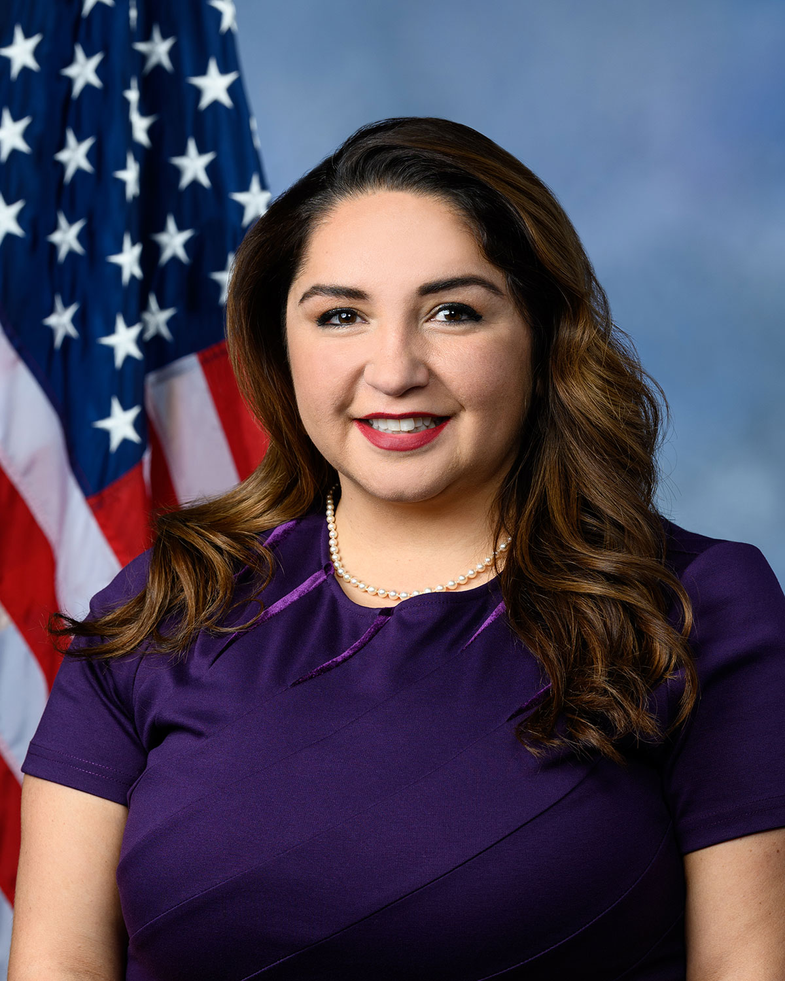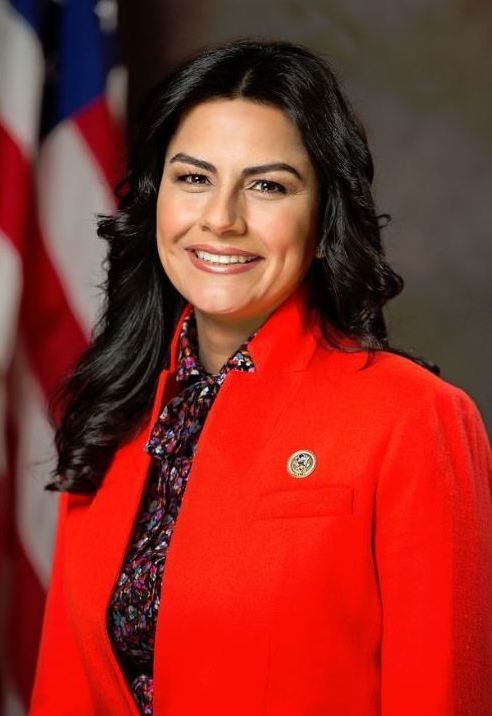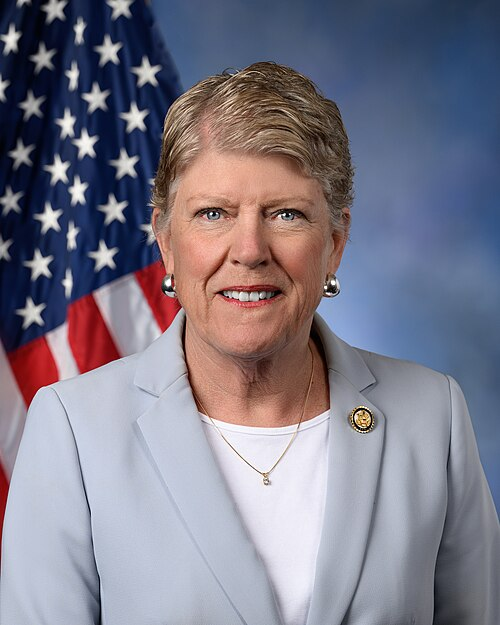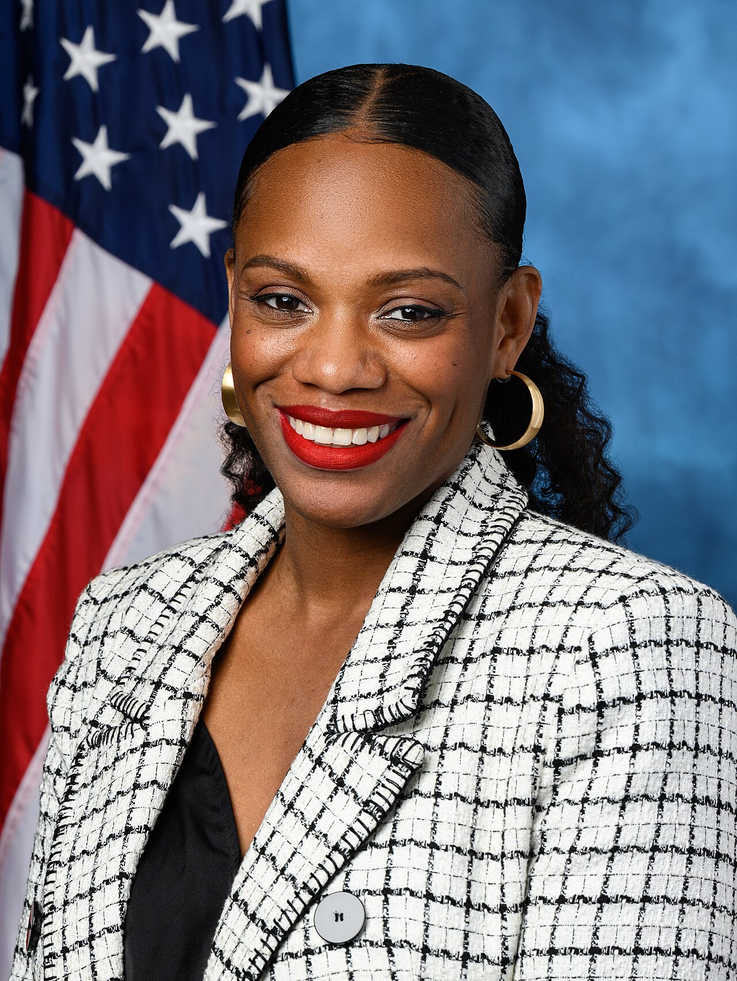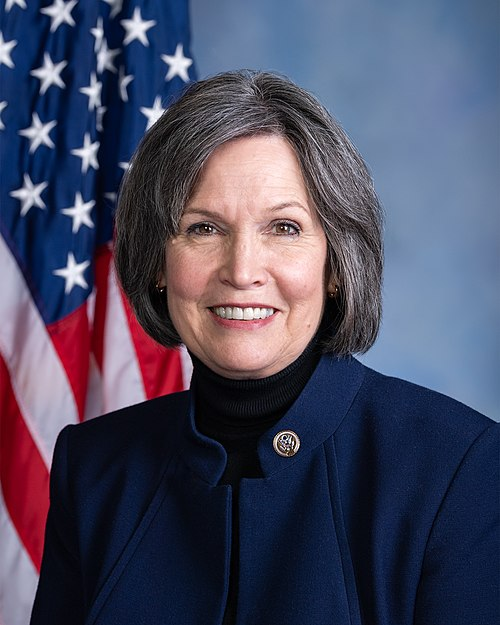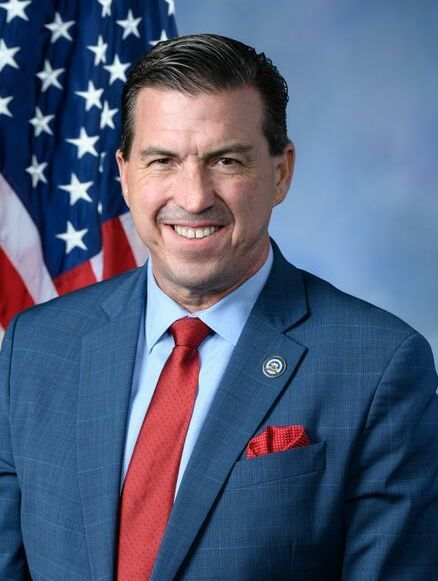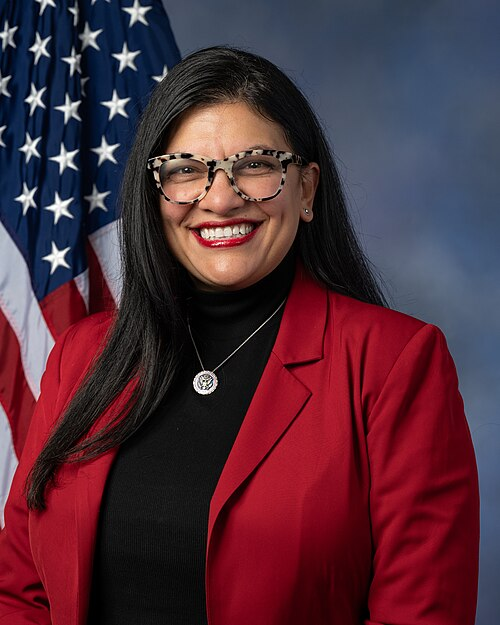H.R. 5238: Stop Super PAC-Candidate Coordination Act
This bill, known as the Stop Super PAC-Candidate Coordination Act, aims to amend the Federal Election Campaign Act to clarify how coordinated expenditures are treated in relation to campaign contributions to candidates. Here are the main components of the bill:
1. Definition of Coordinated Expenditures
The bill adds a new definition of "coordinated expenditures," which includes:
- Any expenditure made in cooperation, consultation, or concert with a candidate or their committee.
- Payments for communications that repurpose or share campaign materials created by the candidate or their committee.
This broadens the scope of what counts as contributions to candidates, ensuring that any coordinated spending is treated as such under federal election law.
2. Treatment as Contributions
The bill specifies that any payments for coordinated expenditures made by individuals or entities other than the candidate or their authorized committee will be considered contributions. This aims to close loopholes that might allow entities like Super PACs to influence candidates without the restrictions that apply to direct contributions.
3. Exception for Certain Communications
Payments for certain types of communications are excluded from being classified as coordinated expenditures, including:
- News stories, editorials, or commentaries published by independent media sources.
- Communications related to candidate debates or forums, as long as they adhere to specific Federal Election Commission (FEC) regulations.
4. Clarifications of Coordination
The bill describes how payments can be determined as made in cooperation with candidates or their committees. For instance, it outlines that if there’s an understanding or communication about the payment related to campaign strategies or resources, it may be considered coordinated.
However, discussions about legislative or policy positions alone will not count as coordination unless there is also communication regarding campaign activities.
5. Coordination Standards
The bill also specifies that the coordination standards between candidates and political parties are not affected by this legislation.
6. Penalties for Violations
Individuals who violate the provisions of this act by making unlawful coordinated expenditures may face financial penalties. Specifically:
- If the violation exceeds the contribution limit, the fine could be up to 300% of the amount exceeding the limit.
- Directors or managers may also be held liable for penalties if their organization fails to pay.
7. Effective Date
The bill establishes that existing regulations on coordinated communications will be repealed and replaced with new regulations reflecting the amendments. These changes will take effect after certain periods post-enactment.
8. Restrictions on Fundraising
The bill further clarifies a candidate's ban on fundraising for Super PACs, extending the prohibition to donations that don’t comply with campaign finance laws.
9. Timeline for Implementation
Most provisions of the bill will apply to payments made after the bill becomes law, with specific amendments set to take effect for elections occurring after January 1, 2026.
Relevant Companies
- None found
This is an AI-generated summary of the bill text. There may be mistakes.
Sponsors
8 bill sponsors
Actions
2 actions
| Date | Action |
|---|---|
| Sep. 09, 2025 | Introduced in House |
| Sep. 09, 2025 | Referred to the House Committee on House Administration. |
Corporate Lobbying
0 companies lobbying
None found.
* Note that there can be significant delays in lobbying disclosures, and our data may be incomplete.
Potentially Relevant Congressional Stock Trades
No relevant congressional stock trades found.
